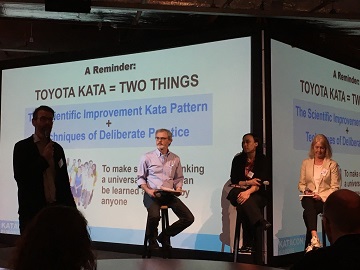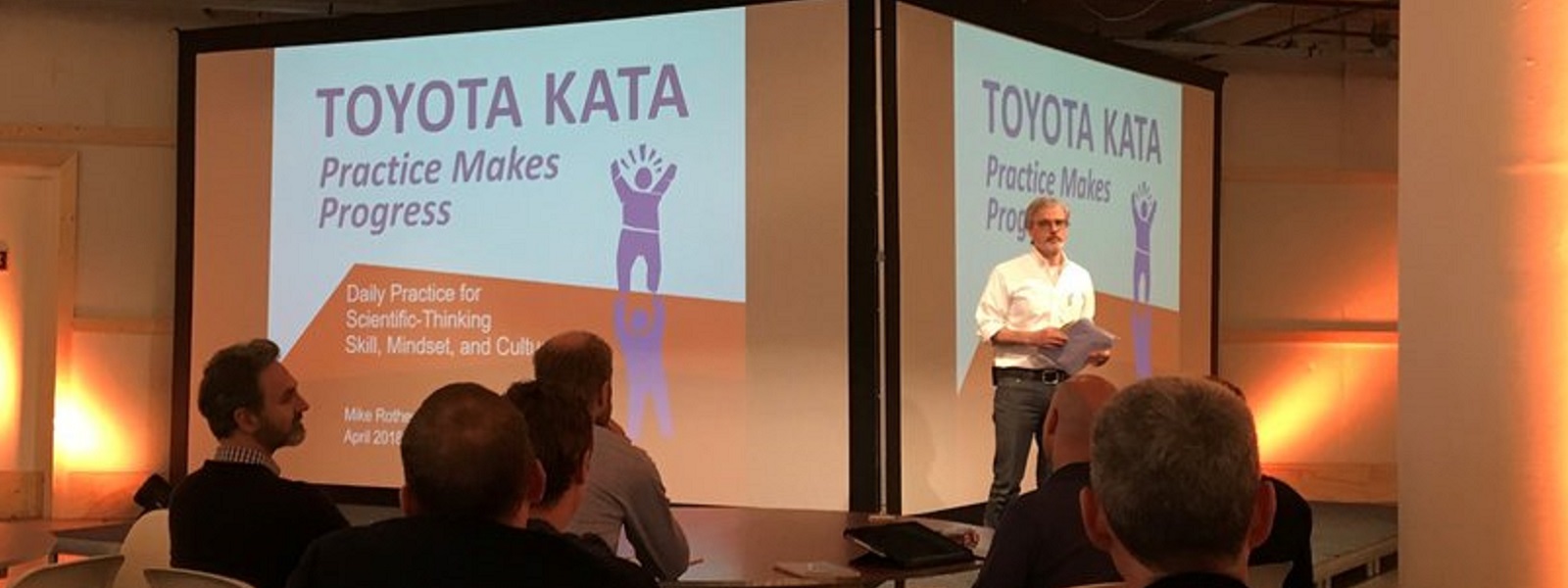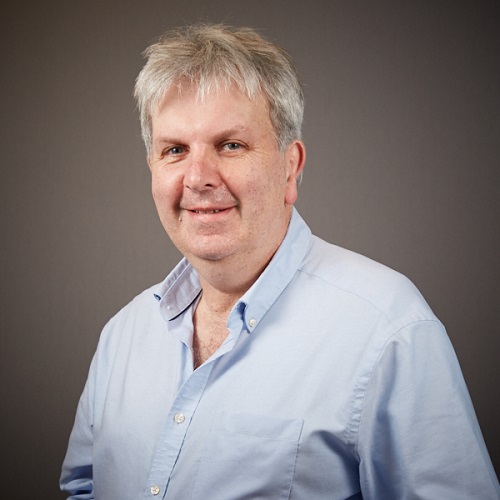Recently I had the pleasure of attending the Katacon 2018 Conference in Amsterdam.
Kata is a best practice way of working that focuses on the interaction between the learner and the coach towards some specific goal. It involves turning scientific thinking into a skill anyone can practice and learn.
The Katacon Conference involved over 130 Kata practitioners from 25 countries. Katacon takes place in Europe every two years.
The majority of the delegates at the Conference came from a Lean or Agile background. They are actively using the Kata model to create a Continuous Improvement culture in their organisations.
The conference involved a number of keynote presentations and workshops with many practical ideas that, on reflection, I would like to share and that, if implemented, can help you make a step change in your Continuous Improvement efforts.
 Key Learning - The Basic Kata idea
Key Learning - The Basic Kata idea
The Improvement Kata is a four-step scientific improvement pattern practiced in many business organisations
- Get the direction of the challenge
- Grasp the current condition
- Establish the next target condition
- Conduct experiments
Developing new ways of thinking means practicing targeted behaviours daily. Kata involves practicing and coaching improvement experiments as part of your normal routine.
One of the biggest learnings for me was the idea that instead of doing a “Go and See” of your current process and coming up with lots of improvement ideas, we decide up front where we are trying to get to, and then set that as an ultimate target condition. We then think about and agree on the next thing we need to do, to get us towards achieving that ultimate target condition. This approach takes a bit of the scattergun approach to improvement out of the equation, and helps us start to think about what is “true north”.
Everybody knows about Toyota’s results and its lean tools and practices. One of my biggest reflections from the Kata Conference is that what is less visible is Toyota’s systematic scientific way of thinking and Managers teaching other people this way of thinking. This seems to me to be the “secret ingredient” of Toyota’s success. In other words, we need to improve how we improve.
Here are some useful sound bites that I picked up during the workshops and presentations, which have made me reflect on how we can improve:
- do not believe everything you think, thoughts are not facts
- practice makes progress - navigate with a compass and not a map
- 20 minutes a day is better than 2 hours once a week
- if you ask you have to be ashamed for a day, but if you do not ask you have to be ashamed for the rest of your whole life
- if the learner has not learned, the teacher has not taught
In conclusion, it was great to meet so many people with a common aim and to get the opportunity to make new contacts and learn from the experiences of others.


